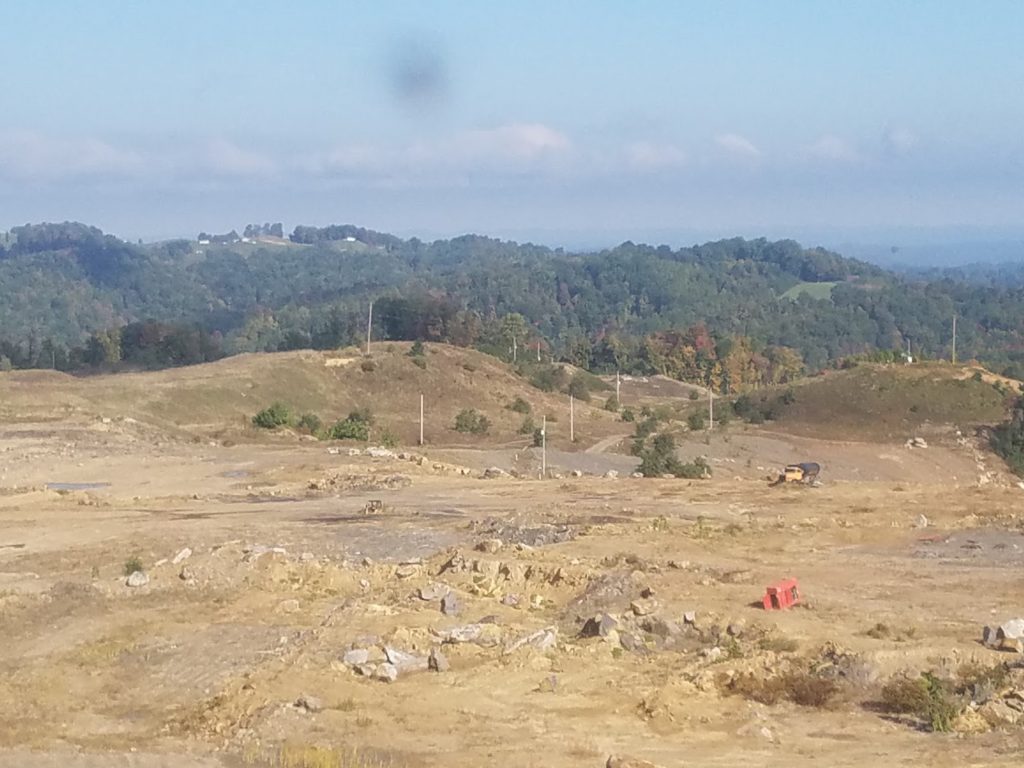Written by Molly Moore
Molly Moore
Molly is passionate about sharing the environmental and cultural stories of our region. She has worked with Appalachian Voices since 2011 and currently serves as AV's Director of Program Communications and Editor of The Appalachian Voice publication.
Repairing Our Region After Helene
In our Summer 2025 issue, we explore a few of the many dimensions of disaster recovery in our region, with a focus on the aftermath of Helene. Communities and individuals are putting one foot forward at a time — and taking action to protect one another and our region if the unimaginable happens again.
A Conversation with Archbishop Marcia Dinkins
Archbishop Marcia Dinkins, founder of the Black Appalachian Coalition, talks about creating the space for voices that have often been unheard to be heard.
New Draft Safety Standard for Exposure to Silica Dust
The Mine Safety and Health Administration’s proposed new regulations would reduce worker exposure to silica dust, but advocates say better enforcement measures are needed.
Black Lung Resurgence Drives Push to Protect Coal Miners Against Silica Dust
Silica dust is behind a dramatic increase in the number of miners becoming ill with the most severe form of black lung disease.
Bankruptcy Proposal Would Dodge Mine Cleanup Laws
As the Blackjewel bankruptcy continues, the responsibility to reclaim mine sites and workers’ compensation for past medical bills are still major issues.
The Appalachian Voice shifts to publishing online
We are ceasing the print publication of The Appalachian Voice for the time being due to the impact of the pandemic, but we will continue to publish new stories online.
Monacan Nation Opposes Water Utility Development at Historic Site
Update: July 20, 2020 The U.S. Army Corps…
Endangered Species Rulings Could Impact Energy Projects
The U.S. Fish and Wildlife Service proposed the protection of 445 stream miles in Central Appalachia in January that serves as habitat for two at-risk aquatic species.
Trump Proposes Major Rollback of Key Environmental Law
The president’s planned changes to the National Environmental Policy Act include eliminating a requirement for agencies to review the cumulative impacts of certain infrastructure projects on climate change.









